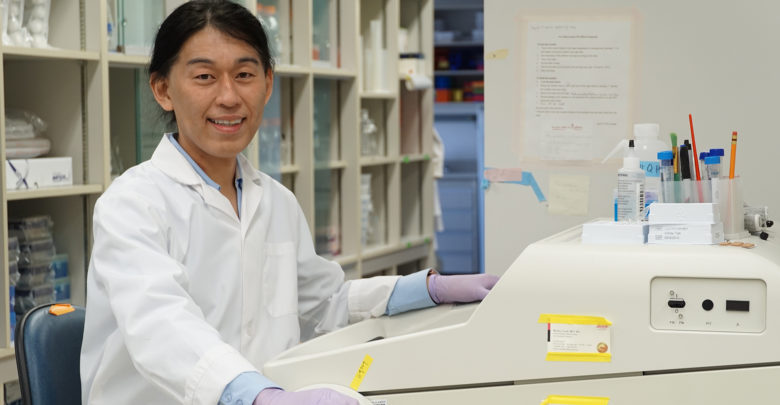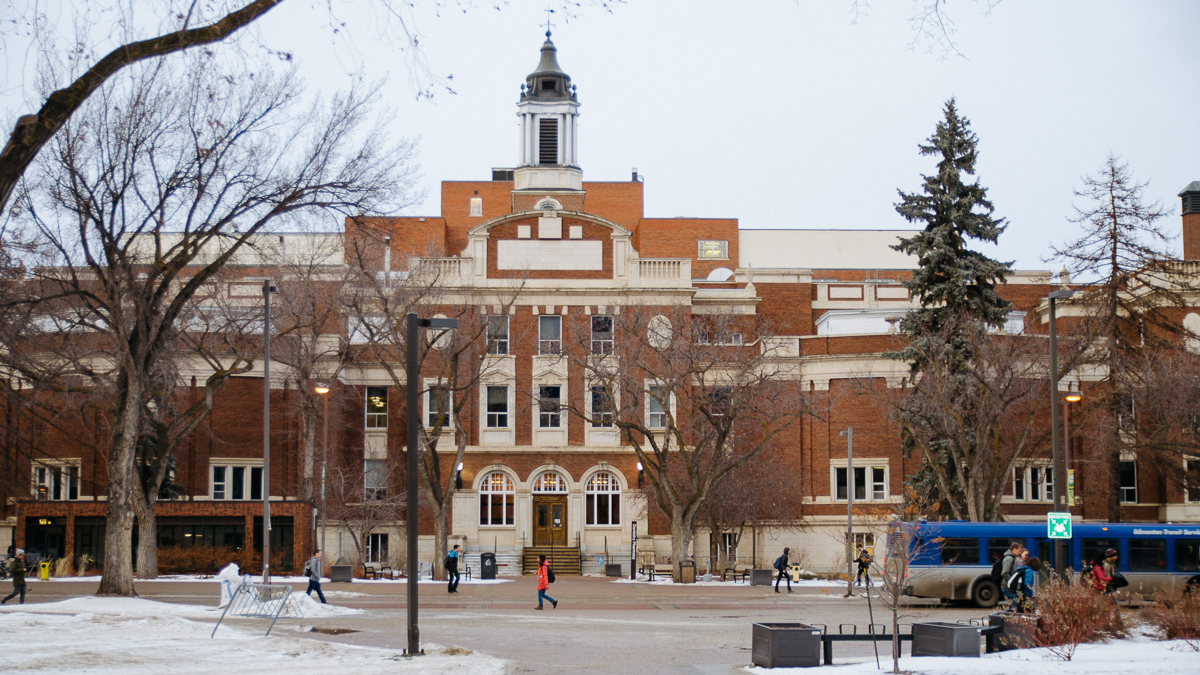 Supplied
SuppliedA University of Alberta researcher researching muscular dystrophy was one of five researchers at the institution to receive a grant from the Heart & Stroke Foundation of Canada.
Toshi Yokota, a professor in the department of medical genetics and current The Friends of Garrett Cumming Research Chair, was a recipient of the 2021-2022 Grant-In-Aid program. This provides funding for “important, pertinent, and novel research in the area of heart disease and stroke” over three years.
The project funded by the Heart & Stroke Foundation of Canada involves using peptides, short chains of amino acids, to deliver antisense oligonucleotides-shorts, DNA-like molecules, to help with heart failure in patients suffering with muscular dystrophy.
Duchenne muscular dystrophy (DMD), the most common type of muscular dystrophy, is most commonly seen in males, with one in 3,500 males born worldwide suffering from this condition. A person with muscular dystrophy would see progressive weakening of their muscles, such as in their arms and legs and eventually their torso as well.
These patients often do not die from issues with the muscles of their limbs since they can still survive without them; what causes many patients to die in their 20s and 30s is “heart failure.” Previous methods which have been developed are unable to enter the heart to help with heart failure. Yokota and their team are studying a new molecule which may help with this.
“We started this project a couple of years ago and in collaboration with Dr. Hong Moulton, at the Oregon State University,” Yokota said. “She discovered a new peptide called the DG-9 [and] I found that it works very well in the heart; it penetrates the membrane and we can deliver antisense oligos to the heart muscle.”
Yokota’s love of research started back when they were a child.
“From my elementary school or secondary school I always liked science and I read lots of books about science and I like, for example, watching stars and insects or animals,” they said. “It sounded quite natural to me. I like science and I like research.”
Yokota began diving more into genetics during their undergraduate degree at the University of Tokyo. In graduate school, one of their professors, Dr. Shin’ichi Takeda, had just started a new lab researching muscular dystrophy and was looking for new students.
“I thought genetics was the future of medicine and that’s very fascinating … I think it’s quite natural to me to join his lab,” they said.
Something that Yokota wants students to remember is to focus on what you can do and what interests you, not what you cannot do.
“When I was a high school student I was more interested in astrophysics and read many books written by Stephen Hawking and other scientists,” they said. “But it turned out I am better at biology and I changed my focus to biology at my university, which worked out very well.”




